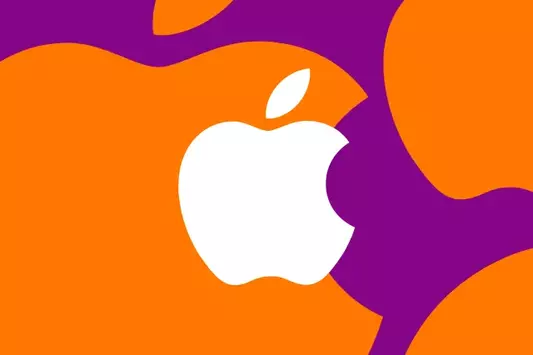
If you're wondering whether Apple will ever allow third-party app stores or if developers can finally use alternative payment systems, a new legislative push might have your answer. The App Store Freedom Act, introduced in May 2025, proposes to force tech giants like Apple and Google to allow users to install third-party app stores, set them as defaults, and use outside payment platforms. This bill aims to increase competition, lower costs, and offer greater freedom to app developers and consumers alike — a major shake-up for the mobile app marketplace.
The App Store Freedom Act, introduced by Representative Kat Cammack (R-FL), is designed to address long-standing criticisms that dominant app stores restrict consumer choice and suppress innovation. Targeting "large app store operators" — defined as those with over 100 million U.S. users — the legislation would require platforms like Apple's App Store and Google Play to permit the installation of third-party app stores and allow users to make them the default option on their devices.
This proposed law would also ban companies from forcing developers to use proprietary payment systems, potentially disrupting Apple's and Google's lucrative commission-based models. With mobile commerce and digital transactions booming, this change could have wide-reaching effects across the tech, finance, and e-commerce sectors.
Under the App Store Freedom Act, Apple and Google would need to:
Allow third-party app stores: Users could freely download and use alternative marketplaces.
Support third-party payment systems: Developers would not be locked into Apple Pay or Google Pay.
Offer equal access to tools and APIs: No more paying extra for crucial development tools or facing discriminatory practices.
Enable app removal: Users could delete or hide pre-installed apps that currently can't be removed.
Failure to comply would lead to enforcement by the Federal Trade Commission (FTC), with civil penalties reaching up to $1 million per violation — a strong financial deterrent aimed at ensuring compliance.
This bill mirrors similar moves overseas. The European Union's Digital Markets Act already compels Apple to support third-party app stores and alternative payment methods. Following regulatory pressure, Apple recently started allowing developers to link to external payment systems, while Google introduced a browser choice screen for Android users in Europe. These changes hint at a growing global demand for more open digital ecosystems, and the U.S. could soon follow suit.
The legislation also echoes sentiments expressed in the landmark Epic v. Apple lawsuit, where a judge found that Apple's App Store practices harmed competition. While Epic didn't achieve all its goals, the ruling prompted some changes — but lawmakers like Cammack argue they don't go far enough.
The App Store Freedom Act could reshape the future of smartphones, app development, and digital payments. For consumers, it promises:
Lower prices: Greater competition could drive down app and subscription costs.
More choices: New app stores might offer unique apps not available on Apple or Google platforms.
Better user control: The ability to customize devices by removing unwanted apps or setting new defaults.
For developers, the law could:
Boost revenue: By bypassing hefty platform fees, developers could keep more of their earnings.
Encourage innovation: Easier access to development tools and reduced barriers could spark creativity across industries like fintech, gaming, and healthcare apps.
Level the playing field: Smaller developers could compete more fairly against larger players.
Unsurprisingly, Apple and Google are expected to lobby fiercely against the App Store Freedom Act. Both companies argue that their closed ecosystems protect users from malware, ensure high-quality apps, and maintain privacy standards. Critics, however, claim these arguments are a cover for protecting lucrative monopolies.
If the bill moves forward, it could set the stage for one of the most important tech policy battles of the decade — one that may redefine app development, digital commerce, and user rights for years to come.
The future of app stores in the U.S. could be on the verge of dramatic change. With bipartisan concern about tech monopolies growing and consumer demand for more digital freedom increasing, the App Store Freedom Act might gain significant traction. Whether you’re a developer eyeing new monetization strategies or a consumer eager for lower prices and more app choices, keeping an eye on this bill will be essential.
Stay tuned as this legislation progresses — the mobile tech landscape may never look the same again.
𝗦𝗲𝗺𝗮𝘀𝗼𝗰𝗶𝗮𝗹 𝗶𝘀 𝘄𝗵𝗲𝗿𝗲 𝗿𝗲𝗮𝗹 𝗽𝗲𝗼𝗽𝗹𝗲 𝗰𝗼𝗻𝗻𝗲𝗰𝘁, 𝗴𝗿𝗼𝘄, 𝗮𝗻𝗱 𝗯𝗲𝗹𝗼𝗻𝗴. We’re more than just a social platform — from jobs and blogs to events and daily chats, we bring people and ideas together in one simple, meaningful space.